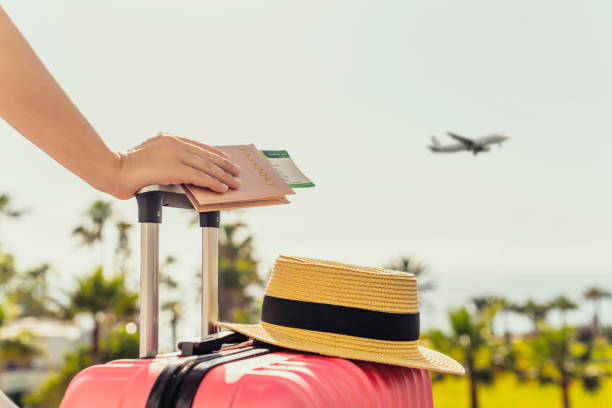Embarking on a journey from Singapore to any part of the world is an adventure filled with anticipation and excitement. However, with the thrill of travel comes the reality of unforeseen events that can disrupt your plans. This is where single trip travel insurance Singapore becomes an indispensable part of your travel preparation. Whether you’re setting off on a solo adventure, a business trip, or a family vacation, understanding the significance of travel insurance tailored for a single trip is crucial for anyone leaving Singapore’s shores.

The Essence of Single Trip Travel Insurance
Single trip travel insurance is designed to provide comprehensive coverage for a wide array of unexpected incidents during your travel from and back to Singapore. Unlike annual or multi-trip insurance policies that cover multiple journeys over the year, single trip insurance is specific to the duration and details of one trip, making it a cost-effective solution for occasional travellers.
Key Benefits of Single Trip Travel Insurance
Medical Emergencies and Evacuations
One of the primary concerns for travellers is the risk of encountering health issues while abroad. Medical treatment can be exorbitantly expensive in foreign countries, and without adequate coverage, you could face significant financial burdens. Single trip travel insurance Singapore ensures that medical expenses, including hospital stays, treatments, and emergency medical evacuations, are covered. This allows travellers to seek the necessary medical attention without hesitation or worry about the costs.
Trip Cancellations and Interruptions
Life is unpredictable, and many factors can lead to trip cancellations or interruptions, such as illness, family emergencies, or unexpected work commitments. Single trip travel insurance provides financial protection against such events, covering non-refundable expenses like flights, hotels, and tours. This coverage ensures that travellers can recoup their losses and rearrange their plans without facing a total loss.
Lost, Stolen, or Damaged Belongings
Travelling involves the risk of losing personal belongings or having them stolen or damaged. Single trip travel insurance offers compensation for lost luggage, personal items, travel documents, and electronic devices. This coverage is particularly valuable in mitigating the inconvenience and cost of replacing essential items, allowing travellers to continue their journey with minimal disruption.
Personal Liability
Accidents can happen, and travellers may find themselves in situations where they are liable for damages or injuries to others. Single trip insurance policies often include personal liability coverage, protecting travellers against legal claims and financial losses resulting from accidental bodily injury to others or damage to their property.
Choosing the Right Single Trip Travel Insurance Policy
Selecting the appropriate single trip travel insurance requires careful consideration of several factors:
- Coverage Limits and Exclusions: Understand what is and isn’t covered by the policy, including any exclusions or limits on coverage amounts.
- Destination-Specific Requirements: Certain destinations may have specific risks or requirements for travel insurance. Ensure your policy meets these needs.
- Additional Coverage Options: Consider whether you need additional coverage for activities such as adventure sports, rental car excess, or increased limits for valuables.
Conclusion
Single trip travel insurance Singapore offers travellers the peace of mind and financial protection needed to fully enjoy their journey. It addresses a broad spectrum of risks, from medical emergencies to trip cancellations and lost belongings. By carefully selecting a policy that matches your trip’s specific needs, you can embark on your adventure knowing you’re well-protected against the unexpected. Remember, the cost of travel insurance is small compared to the potential costs of dealing with unforeseen events without coverage. Investing in single trip travel insurance is not just a smart financial decision; it’s an essential aspect of responsible travel planning.